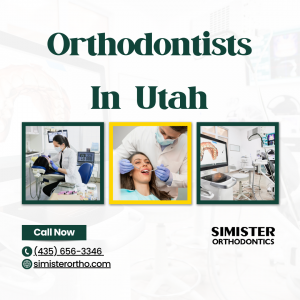Smoking has long been associated with various health concerns, but did you know that it can also have a significant impact on your oral health? In this comprehensive guide, we will delve into the link between smoking and oral health, exploring the risks and potential consequences that smokers may face. If you are a smoker or know someone who is, read on to discover the important information you need to know.
- Increased Risk of Gum Disease
One of the most prominent links between smoking and oral health is the increased risk of gum disease. Smoking weakens the immune system, making it harder for your body to fight off infections, including those in your mouth. As a result, smokers are more likely to develop gum disease, a condition that causes inflammation, bleeding, and even tooth loss if left untreated.
- Delayed Healing
Smoking also affects your body's ability to heal itself, including oral tissues. Whether you've had a tooth extraction, oral surgery, or any other dental procedure, smoking can delay the healing process. The harmful chemicals in cigarettes restrict blood flow, preventing essential nutrients from reaching the affected area. This can lead to complications, infections, and extended recovery time.
- Tooth Discoloration and Bad Breath
If you're a smoker, you've probably noticed that your teeth are not as pearly white as they used to be. Smoking stains the enamel, causing tooth discoloration that can be difficult to remove. Additionally, smoking contributes to bad breath, which can be a major turn-off for those around you. No amount of brushing or mouthwash can fully eliminate the odor caused by smoking.
- Increased Risk of Oral Cancer
Perhaps one of the most serious consequences of smoking is the heightened risk of oral cancer. Smokers are six times more likely to develop oral cancer compared to non-smokers. This form of cancer can affect the lips, tongue, throat, and other areas of the mouth. It is crucial to be aware of any changes in your oral health and seek professional help if you notice persistent sores, white or red patches, or difficulty swallowing.
- Impact on Orthodontic Treatment
For those undergoing orthodontic treatment, such as braces or aligners, smoking can pose additional challenges. The tar and nicotine found in cigarettes can stain the brackets and wires, making your orthodontic appliances appear unsightly. Smoking also weakens the bone structure, which can hinder the effectiveness of orthodontic treatment and prolong the duration of the treatment process.
Seeking Professional Help
If you are a smoker and concerned about your oral health, it is essential to seek professional help. Orthodontists in Utah, such as those in St. George, Utah, can provide expert advice and guidance tailored to your specific needs. They can help you understand the impact of smoking on your oral health and develop a customized treatment plan to address any issues that may arise.
By quitting smoking and adopting a good oral hygiene routine, you can significantly improve your oral health and reduce the risks associated with smoking. Regular visits to your orthodontist and dentist are crucial in maintaining optimal oral health, as they can detect and address any potential problems before they worsen.



